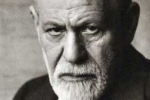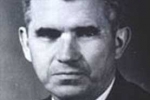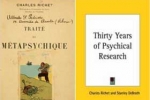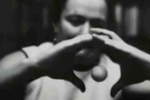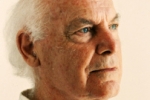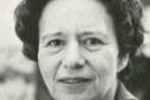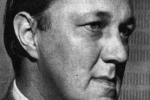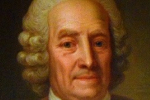Psychoanalysts often report instances of telepathy and precognition occurring between patient and practitioner, but most are unwilling to explore these phenomena. This article summarizes the views and activities of leaders in the field who take them seriously.
General Psi Topics
Explores the overlap between parapsychology and psychology, describing the personality and other psychological variables that researchers have uncovered in relation to psychic phenomena.
A key text by the Nobel-prize-winning French physiologist Charles Richet, in which he describes his many experiments with ESP and physical mediumship, and struggles to account for the phenomena without recourse to 'spiritist' theories.
Limited but significant psi research has been carried out in Russia since the nineteenth century.
‘Scientific Mysticism’ is a term coined by Michael Whiteman, a British-born South African mathematician and mystic. (This article may be read together with the article on Whiteman’s life and thought.)
Experimental research appears to establish the sense of being stared at as a real phenomenon, as described here. This article discusses possible theoretical implications with regard to theories of vision.
An approach to psi experimentation that differentiates subjects who believe that psi is possible, or that it's a genuine phenomenon ('sheep') from those who do not ('goats').
The super-psi hypothesis is the claim that psychic functioning is more extensive than the evidence would suggest, and that it might play a pervasive role in everyday affairs.
Psychical episodes that suggest that the mind survives the death of the body are often flawed as evidence. Philosopher Stephen Braude considers what would make an ideal case.
Swedish engineer, scientist, theologian, philosopher, seer and psychic (1688-1772), best known as a reporter of encounters with deceased spirits and as a re-interpreter of Biblical texts, the foundation of a New Church.


